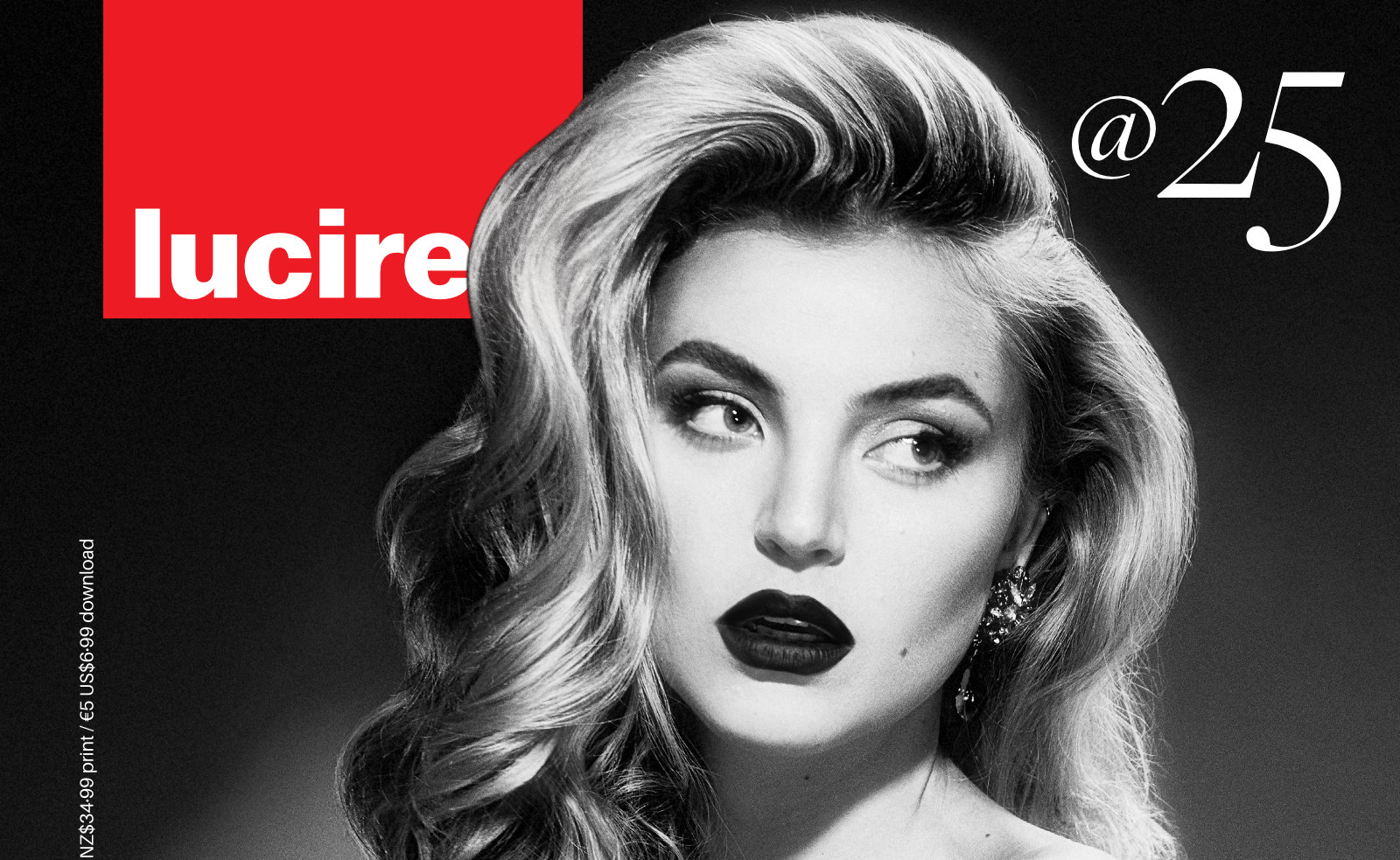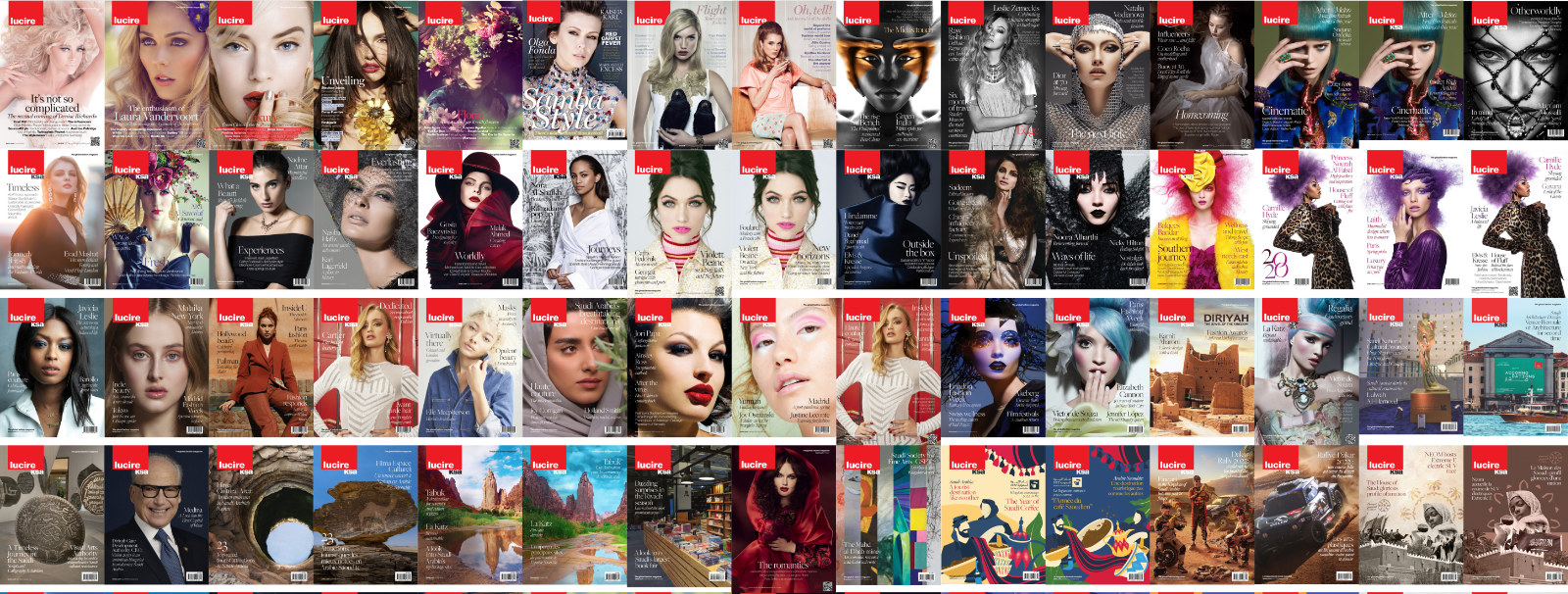Behind the scenes with Lucire founder and publisher Jack Yan, with an appeal for a family in Gaza, the difficulties of becoming an Amazon seller, and the hopelessness of AI-written stories […]
Tag: Jack Yan
Thoughts as we reach our 26th anniversary

Founder and publisher Jack Yan has a few thoughts as Lucire turns 26—and he’s not going to retell the story about the day we started […]
Time to disconnect from X, the site formerly known as Twitter
Jack Yan discusses why he called time on the automatic posting of Lucire headlines and links to the site formerly known as Twitter […]
Panos: My Life, My Odyssey gets Highly Commended at Business Book Awards

Panos Papadopoulos’s autobiography triumphs at Business Book Awards in London—and there’s a Lucire connection […]
Team happenings: a new album and getting into the finals of the Business Book Awards
Jack Yan has some of the team’s behind-the-scenes happenings at Lucire […]
Behind the scenes of our 25th anniversary cover

Once Lindsay Adler’s photo shoot arrived here, there was still plenty of work to do to get the 25th anniversary cover just right, says Jack Yan […]
Five from 1999: a more experimental, optimistic time
Uploading five old articles (originally removed for space reasons when server hard drives were smaller) reminds Jack Yan of the internet culture of the late 1990s […]

The UK tabloid media are in Prince Harry’s crosshairs in ITV’s Harry: the Interview. Jack Yan gives his reaction to the Prince’s frank interview with Tom Bradby […]
Our year in tech: how different 2023 looks from 2022
Technology has always impacted on what we do at Lucire, and 2022 saw some big changes. Jack Yan looks at the last 12 months […]

After some build-up articles during 2022, we’ve finally got there—our 25th birthday. Jack Yan gathers his thoughts […]
